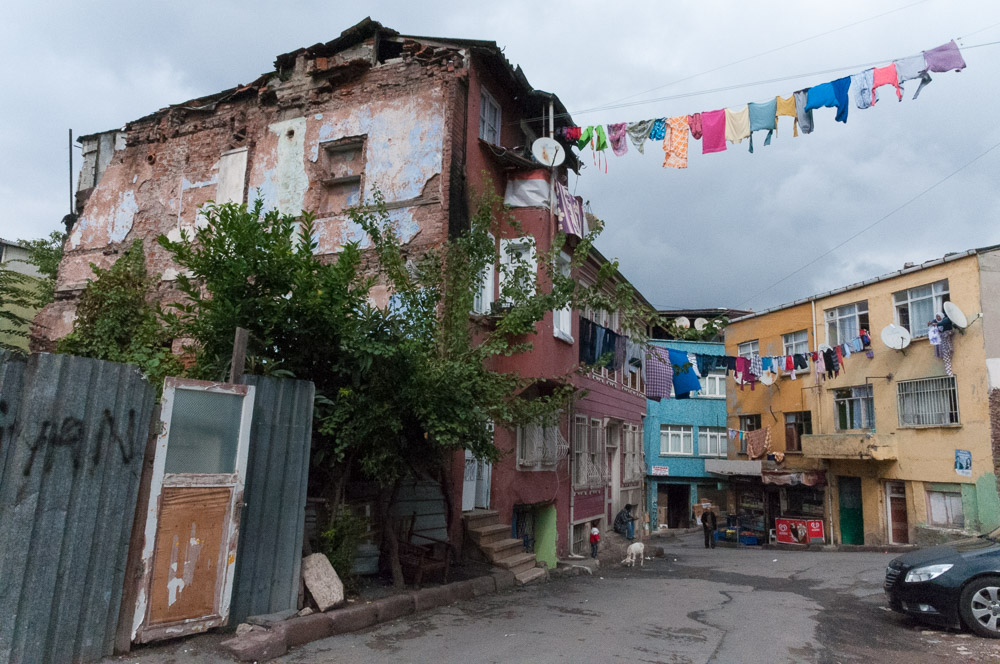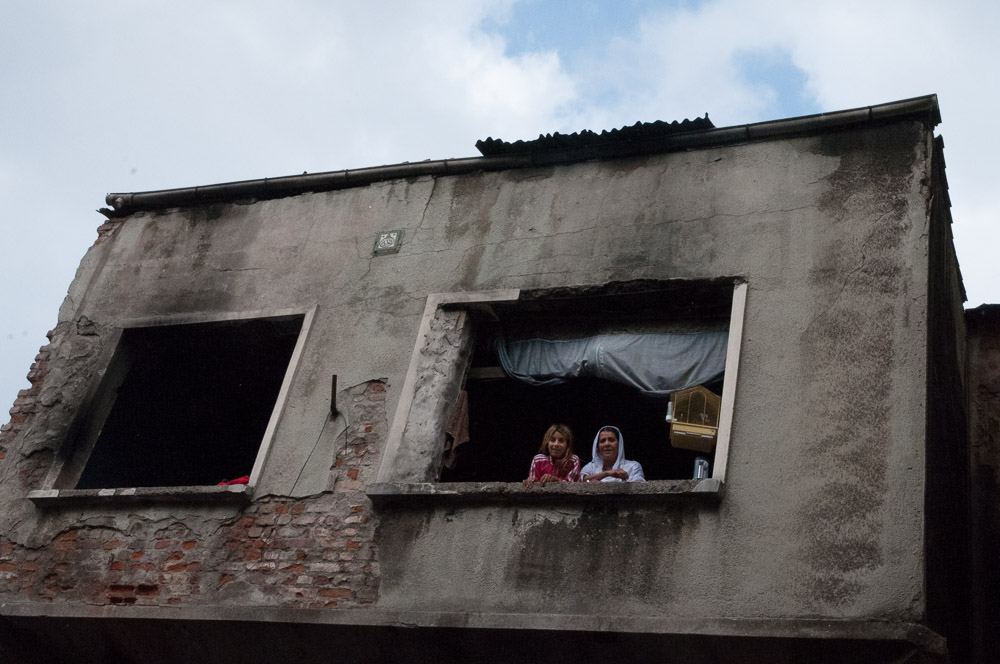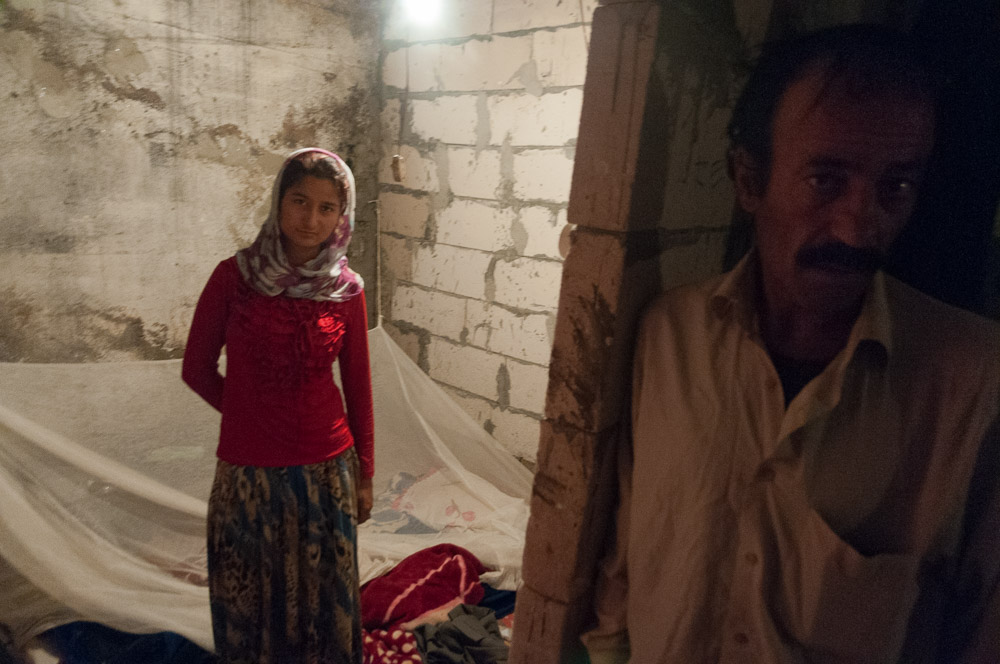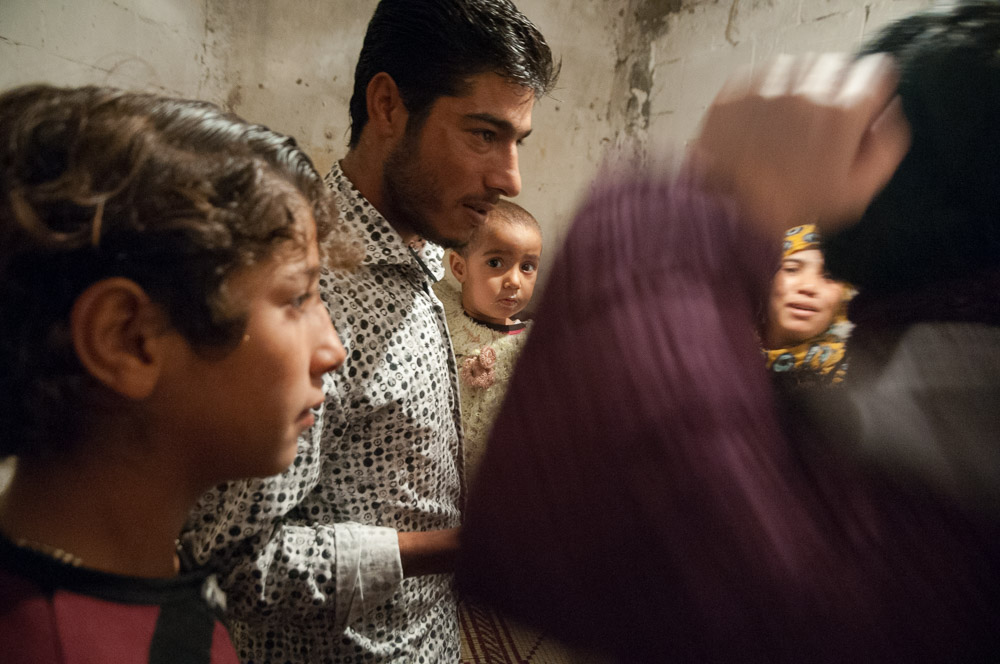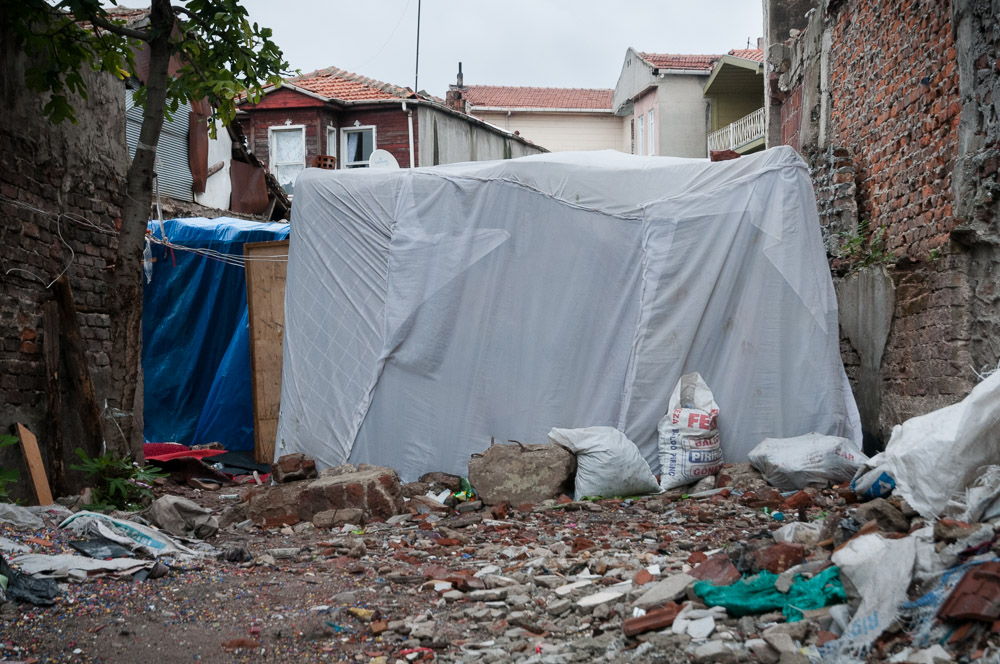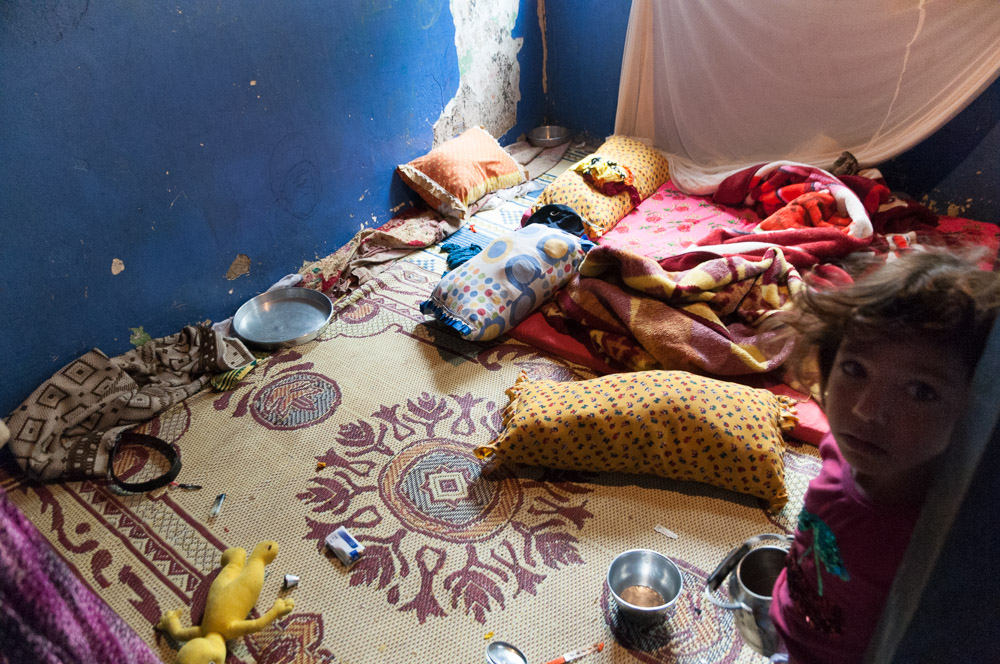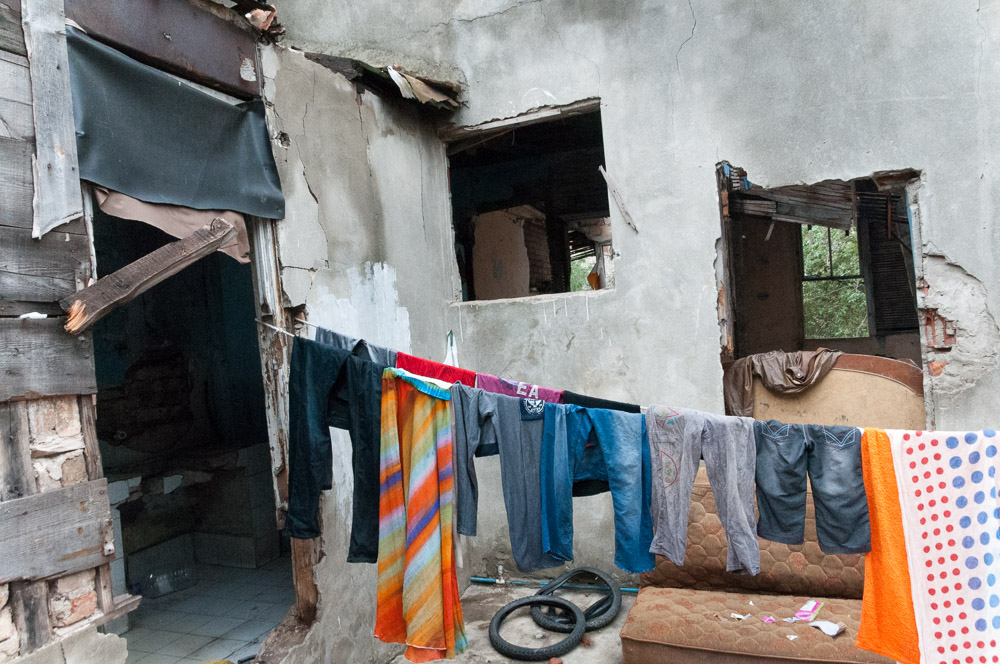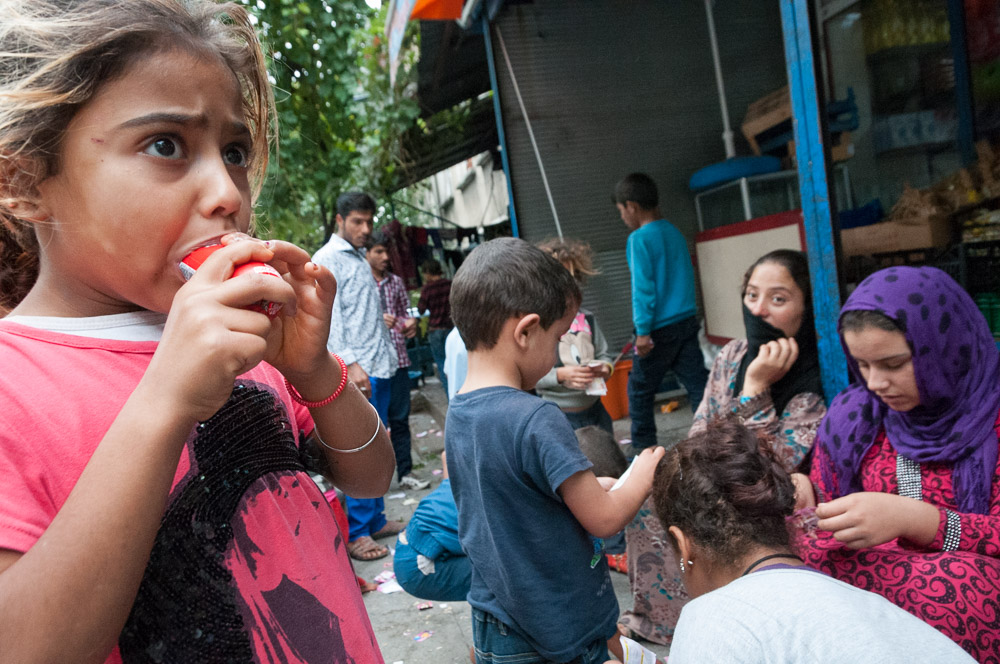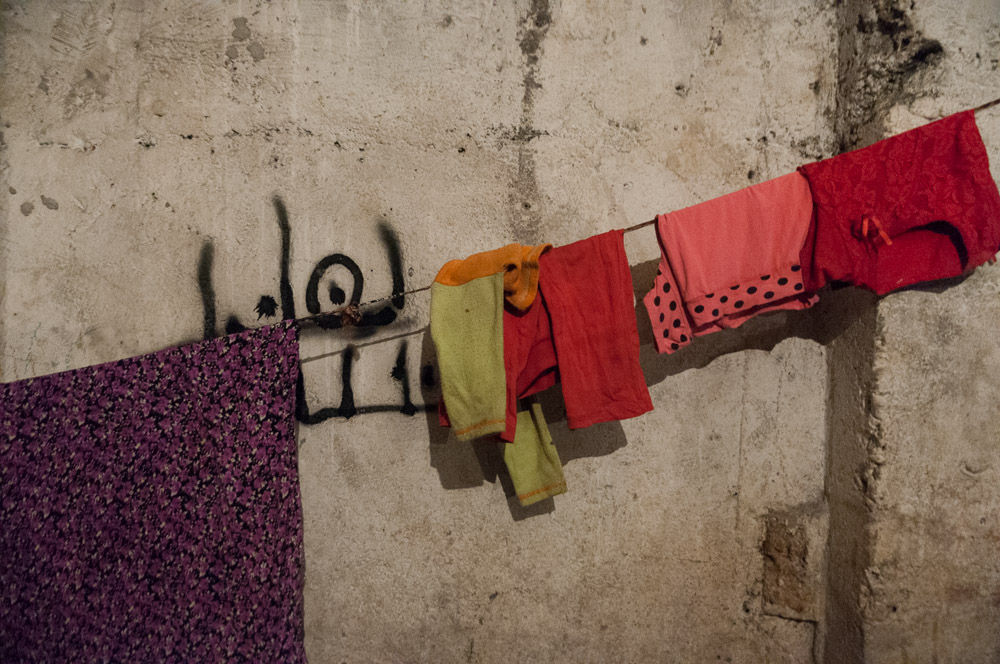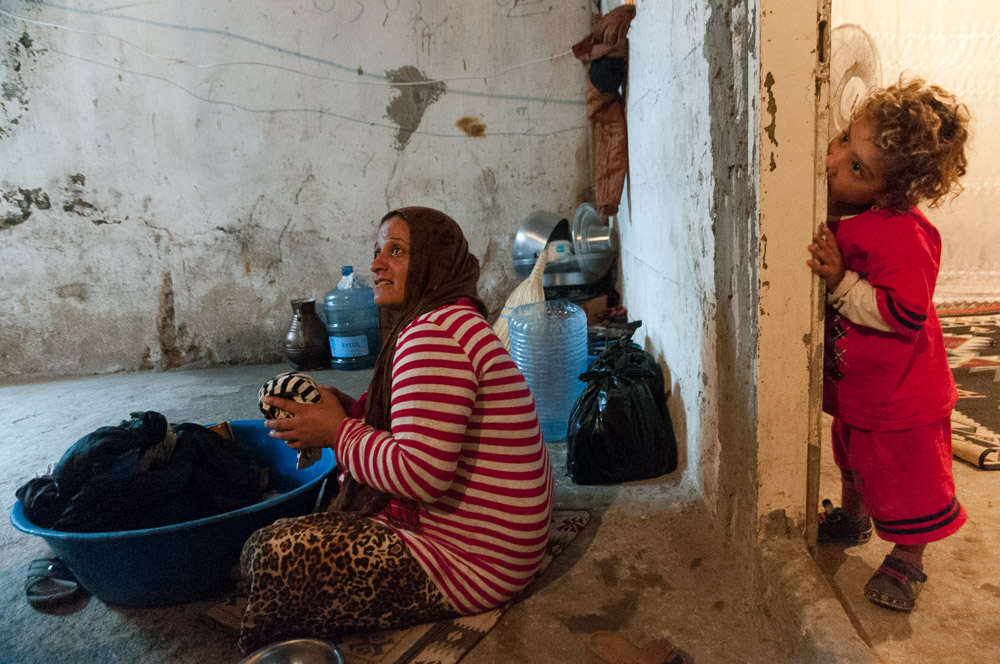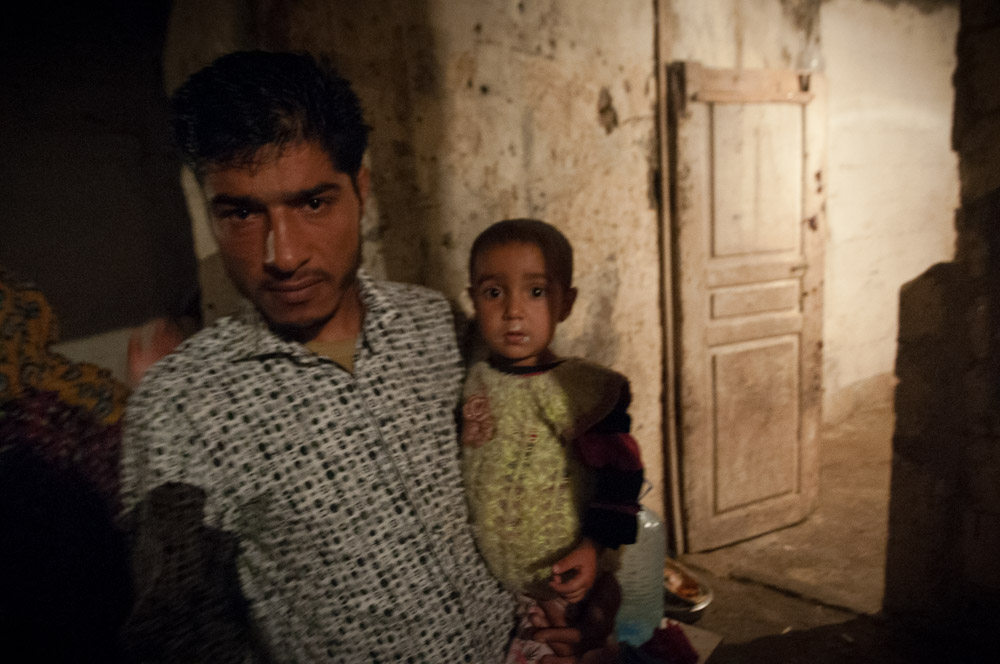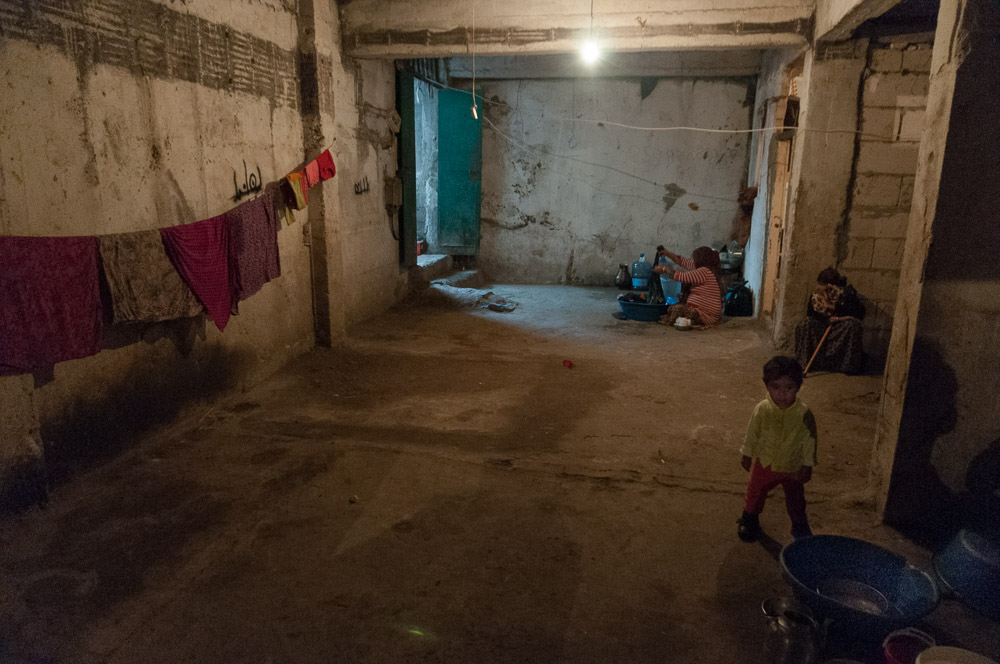Refugee Crisis
Europe – especially Germany which is said to have hosted around one Million new refugees and migrants from different parts of Syria, the middle East, African countries and south-eastern Europe in the past months– relies on Turkey since the statement signed between Brussels and Ankara on november 29th 2015 is in effect to solve the problem of a ever greater influx of foreigners into the European Union’s member states.
Far from having any guarantee that Turkey will in fact be able to fullfil the hopes of a European Union that is about to split along different political lines and debates on humanitarian values on the refugee isssue, Turkey itself is confronted with an estimated 2,2 million migrants or more, since the war in Syria erupted in 2011. 250,000 of them live in camps. The big rest of the refugees lives in Turkey’s cities, with Istanbul and it’s roughly 16 million inhabitants to host hundreds of thousands of refugees, as some claim. Most of them live in dire conditions, often with no chance of any regular labor. In fact, Syrians and other refugees and asylum seekers have not been legally allowed to work until recently (this is to change now with the above mentioned agreement). If employed – refugees work under conditions that hand them to the mercy of their employers. The same is true for housing. Dark and wet rooms like in these pictures resemble more to cellars. The refugees still have to pay for them, often endebting themselves.
This series pictures Syrian refugees in makeshift shelters in the Istanbul quarter of Süleymaniye, having fled from Aleppo and Kobane. Meeting them was possible though the help and assistance of a small group of Istanbul aid workers, who modestly, nearly in fear of being disovered, distribute food and clothing to them on weekly occasions. Some of the refugees I could speak to said they prefered living in the cities than in one of the more than twenty official and huge camps provided by Turkish authorities. Women without a husband or non-sunni refugees face with problems there or are just afraid, the pictured refugees told the author.
This series was taken in october 2015 in Istanbul, shortly before the EU and Turkey signed their statement on improved conditions for basically all refugees currently on Turkish soil. As the Syrian civil war enters its fifth year, an international monitoring body writes, “ Turkey has hosted refugees from the country as “guests” for a few years now, but has refused them asylum status. This has led to refugees flocking westward. The Aegean Sea between Turkey and Greece has been the site of hundreds of drownings as the refugees attempt a journey to Europe.“
While Turkey has been generous in hosting large numbers of Syrian refugees, the government only grants Syrians temporary protection rather than refugee status, while other nationalities of asylum seekers do not receive that.
Turkish government schools are officially available to all Syrian primary and secondary school-age students registered for “temporary protection,” but at time of writing more than 400,000 children—over two-thirds of all Syrian children in Turkey—were receiving no form of education. Child labor is rampant among the Syrian refugee population as well as among other refugee groups in Turkey. Syrians and other refugees and asylum seekers are not legally allowed to work.
